Retro Replay Review
Gameplay
Virtual Villagers: The Lost Children builds on the real-time strategy roots of its predecessor by blending simulation and puzzle elements into one charming package. You guide an autonomous tribe of island dwellers by simply dragging and dropping villagers onto the environment, whether to chop wood, gather food, or explore hidden caves. A tooltip at the bottom of the screen updates in real time, offering hints and narrative tidbits that keep you engaged and informed about each villager’s actions.
(HEY YOU!! We hope you enjoy! We try not to run ads. So basically, this is a very expensive hobby running this site. Please consider joining us for updates, forums, and more. Network w/ us to make some cash or friends while retro gaming, and you can win some free retro games for posting. Okay, carry on 👍)
Each villager comes with unique traits—some are naturally strong builders, others excel at farming or research. As you assign tasks, their skills level up, unlocking new professions and more advanced buildings. Children under 14 can’t work or swim, though they can collect seashells and butterflies for tech points; at age 18 they mature and begin to contribute fully to the tribe’s survival and growth. This lifecycle mechanic adds an emotional layer to the gameplay as you watch each generation evolve.
Progression in Lost Children revolves around solving environmental puzzles and meeting milestone goals. Random pop-up events introduce new challenges—rescuing a stranded child, repairing a broken dam, or deciding whether to explore a mysterious cavern. Your choices can accelerate research or alter population growth, making every decision meaningful. The real-time clock ticks even when you’re away, and the game adjusts your tribe’s status on restart, giving this village simulator a unique, always-on texture.
Graphics
Visually, Lost Children opts for a colorful, cartoon-style presentation that strikes a balance between clarity and charm. The island environments—lush jungles, rocky caves, and sandy shores—are hand-drawn with enough detail to feel alive without overwhelming the screen. Animations are simple but expressive, from the villagers’ joyful dances when they learn a new skill to their frantic scrambling if a research project hits a snag.
The user interface is straightforward: an icon bar along the bottom provides quick access to building menus, villager profiles, and research trees. Hovering over objects highlights interactive spots in bright colors, guiding new players through the learning curve. While the resolution may feel dated compared to modern titles, the minimalistic design ensures that gameplay elements remain front and center, even on smaller screens or older hardware.
One of the clearest improvements over its predecessor is the environmental feedback. Day and night cycles shift the island’s palette from warm golds to cool blues, and weather effects like rain subtly slow villagers’ movements. These visual cues reinforce the real-time nature of the game and help ground the fantastical premise in a believable ecosystem. Overall, the graphics serve the mechanics without overshadowing them.
Story
The narrative hook of Virtual Villagers: The Lost Children is deceptively simple: a young couple falls through a cavern on Isola, discovering abandoned children along the western shore. As you nurture these orphans into capable adults, you piece together the mystery of where they came from and why their tribe vanished. The unfolding backstory reveals itself through research projects, hidden glyphs, and spontaneous dialogue events, creating an organic sense of discovery.
Although the story is less linear than traditional adventure games, it’s woven seamlessly into the gameplay loop. Completing technology milestones unlocks new chapters of the tale—unearthing ancient statues, deciphering inscriptions, or rebuilding a ceremonial shrine. These breakthroughs not only advance your understanding of the Lost Children’s origins but also grant access to fresh abilities and resources, making narrative progress feel tangibly rewarding.
The emotional core of the story comes from watching children grow, learn, and occasionally falter. Siblings comfort one another, and a mother’s research breakthrough might directly save a child from illness. Such moments create genuine attachment to individual villagers, turning routine tasks into memorable experiences. While the overarching mystery remains suitably mysterious, you’ll find the everyday lives of your tribe equally compelling.
Overall Experience
Virtual Villagers: The Lost Children strikes an inviting tone that appeals to both casual players and strategy enthusiasts. The real-time clock system encourages periodic check-ins rather than marathon gaming sessions, making it ideal for busy players who want to see steady progress without committing hours on end. Yet the depth of the research tree and the variety of puzzles ensure there’s plenty of long-term engagement for those who want it.
Patience is rewarded, but the gradual pacing can feel slow if you’re accustomed to more fast-paced simulation games. At times you’ll find yourself waiting for children to mature or technologies to complete, and there’s little you can do to speed up these timers. However, the game’s gentle learning curve and the constant introduction of new goals help mitigate any sense of tedium.
Ultimately, Lost Children delivers a warm, immersive simulation that excels in world-building and emotional resonance. Whether you’re drawn by the tribal mystery, the quirky villager interactions, or the steady, bite-sized progression, you’ll find a unique charm in guiding your little society from infancy to maturity. For players seeking a relaxed yet meaningful strategy experience, this sequel stands out as a rewarding voyage into the heart of Isola.
 Retro Replay Retro Replay gaming reviews, news, emulation, geek stuff and more!
Retro Replay Retro Replay gaming reviews, news, emulation, geek stuff and more!
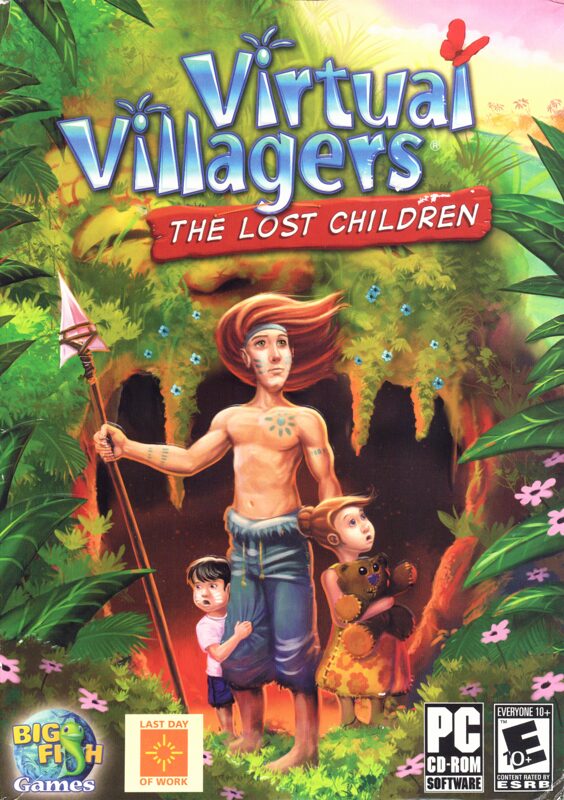
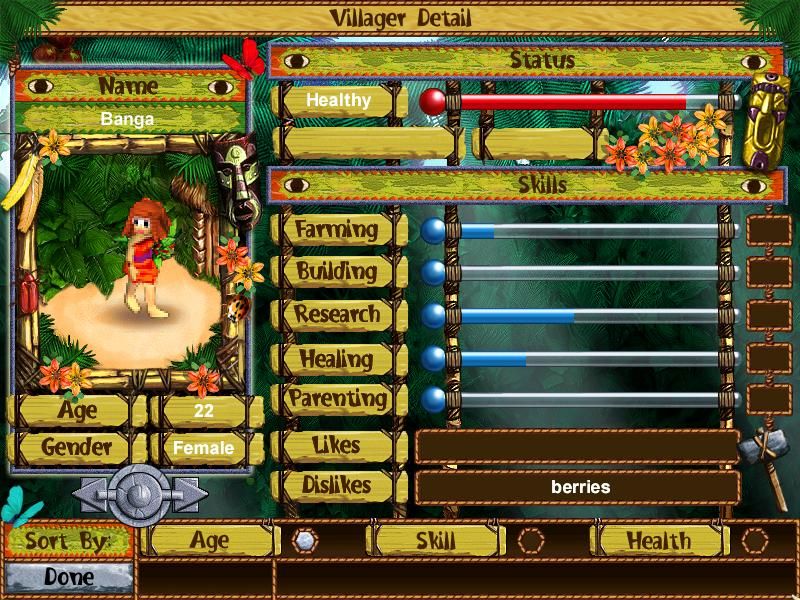
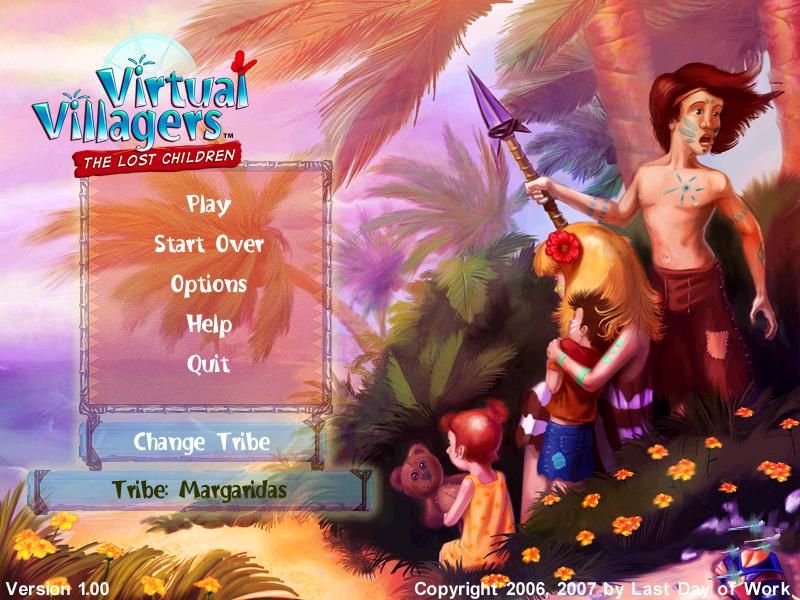
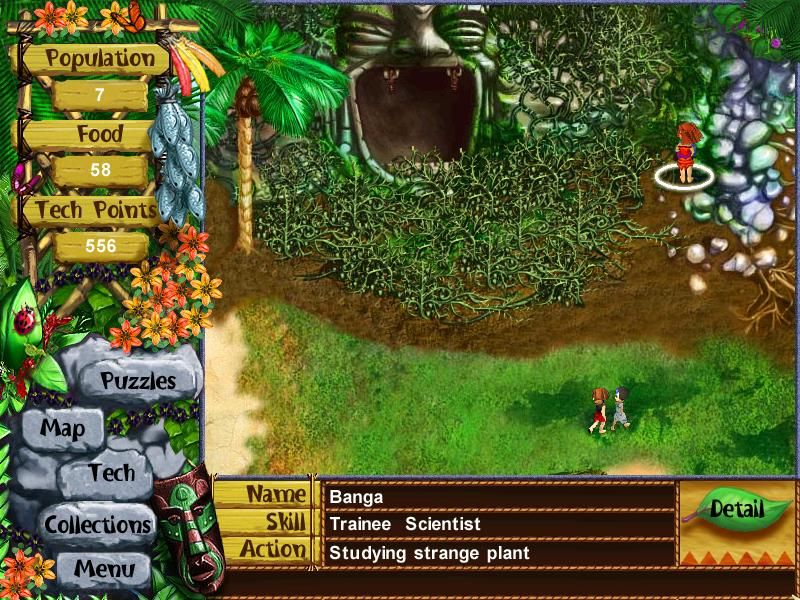
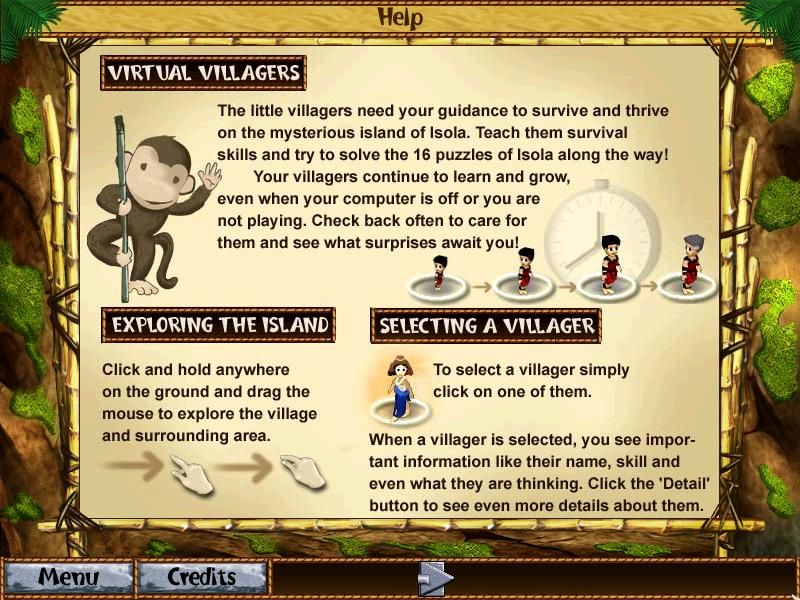
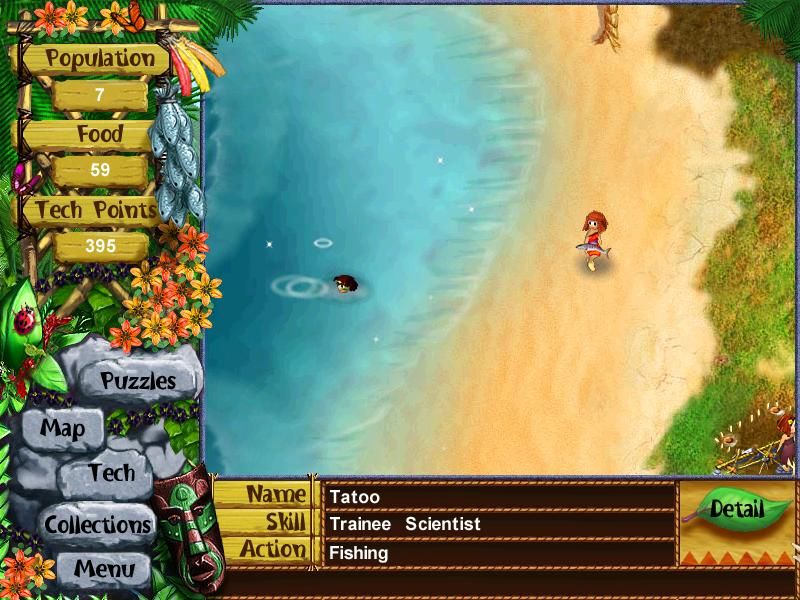



Reviews
There are no reviews yet.